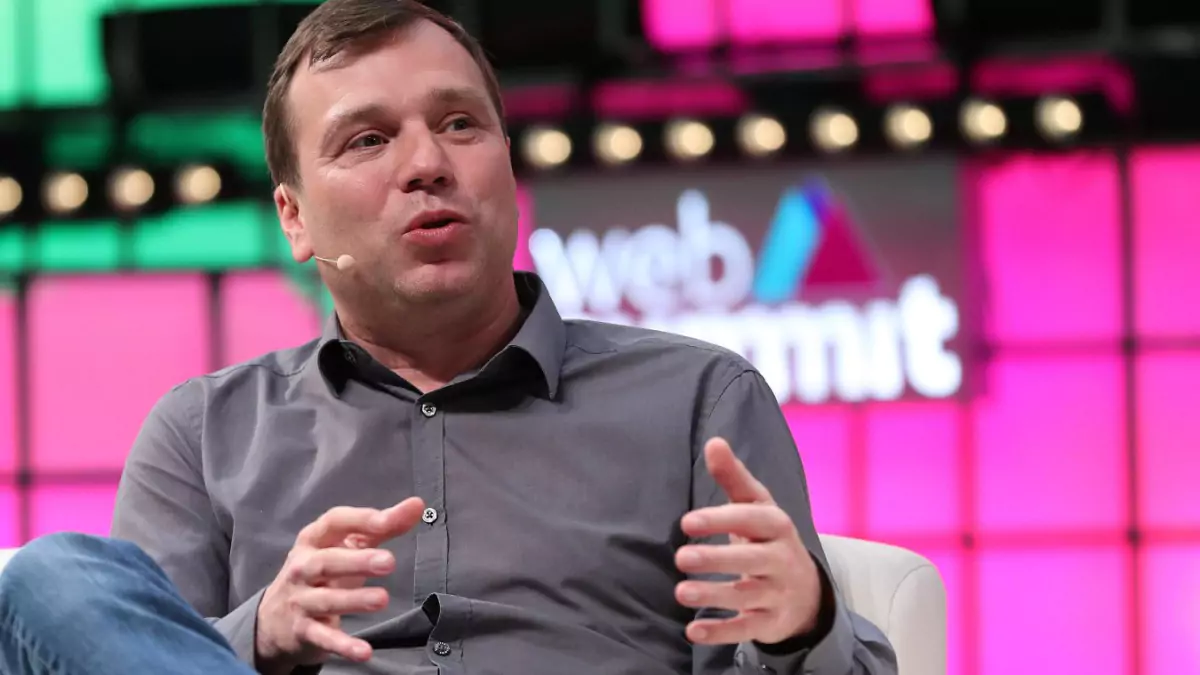On October 23, the esports world witnessed a significant leadership change as Ralf Reichert, the long-standing Chairman of the ESL FACEIT Group, announced his departure. He steps into the role of CEO for the Esports World Cup Foundation, which is set to host its inaugural global event in Saudi Arabia next year.
Speaking at the New Global Esports Conference on October 23 and the Multiverse Summit on October 25 (via Arab News), Reichert shared his vision for the Esports World Cup and provided insights into the evolving esports landscape. Here’s an overview of his key remarks.
Concerns Over Human Rights and Diverse Representation
The Esports World Cup aligns closely with Saudi Arabia’s Vision 2030, an ambitious plan by Crown Prince Mohammed bin Salman to diversify the country’s economy and boost tourism. By investing heavily in esports, Saudi Arabia seeks to position itself as a global hub for competitive gaming.
While this investment has drawn praise for its scale and ambition, it has also sparked debates about the country’s human rights record, including concerns about LGBTQ+ rights and gender equality. Addressing these issues, Reichert emphasized the inclusivity and safety enjoyed by gamers in the region. He expressed optimism about the country’s ongoing societal transformation, aligning it with the core values of the esports industry.
The Ambitious Scope of the Esports World Cup
The Esports World Cup is envisioned as one of the largest esports tournaments ever, aiming to outshine Gamers8 in terms of prize pools and game variety. With plans to include mobile, PC, and console games, the event promises to cater to diverse gaming preferences. Reichert highlighted the tournament’s goal of creating a platform that transcends gaming barriers and fosters unity among players worldwide.
The tournament also aims to set new standards for inclusivity. By encouraging teams to field multiple rosters across various games, the event promotes diversity in participation. Additionally, plans for women’s tournaments are underway, signaling a commitment to gender representation in esports.
Reichert on Gaming Dynamics and Web3 Impact
Reichert also commented on the adaptability of gamers, stating that whether on mobile, PC, or console, players consistently overcome challenges to access engaging content. He dismissed the notion that PC gaming is obsolete, pointing out that history shows gamers will embrace innovation that enhances their experience.
“Every game on PC is 100 clicks away and in PlayStations, it’s literally only two clicks away, so the hypothesis of the whole gaming industry is that PC gaming is dead, and consoles will take over. But history told us it is a lie, when something more fun and engaging and amazing people will jump hundreds of hoops to get there.”
Touching on Web3’s influence, Reichert noted its potential to accelerate game development and community-building compared to traditional methods. As an example, he mentioned Fortnite, which drew inspiration from PUBG and elements from DOTA and League of Legends, evolving into a global phenomenon through iterative improvements.
Looking Ahead
As the Esports World Cup sets its sights on establishing an annual flagship event, its ties to the Saudi Arabian government underscore a persistent need to address community concerns. While navigating potential backlash, the foundation remains committed to its overarching goal of fostering a flourishing, inclusive, and expansive esports ecosystem.

